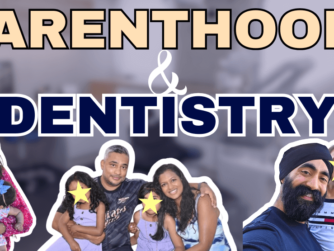Podcast: Play in new window | Download (Duration: 1:02:21 — 88.1MB)
Subscribe: RSS
I gave Manuela Rodrigues one task: to reduce the stress levels of Dentists and the Dental team who listen to this episode.
I know what you’re thinking…the whole positive mental attitude thing goes straight out of the window when a file has separated or the palatal root of the upper molar has been swallowed by the sinus.
This is why I wanted Manuela to make this a highly relevant to the daily stressful scenarios we face. How can we make our profession less stressful, Manuela?!
I pitched to her 3 different scenarios:
- When things are just not going right at work – think of TOUGH treatments/patients
- Litigation. Having a case over your head is one of the most stressful, gut-wrenching, confidence-destroying experiences a Dentist can have.
- Running late. I am SOOOO guilty of this and is the number 1 daily cause of stress for me!
As Manuela promised, you can get 25% off her Mindfulness in Dentistry training by using the code ‘protrusive’
Do follow Manuela @mindful.dentistry on Instagram
If you enjoyed this episode, you will like 10 Habits of Highly Successful Dentists








[…] If you loved this, be sure to watch Dentistry is STRESSFUL – this Podcast will help you […]
[…] If you love this episode, be sure to watch Dentistry is STRESSFUL with Manuela Rodrigues […]